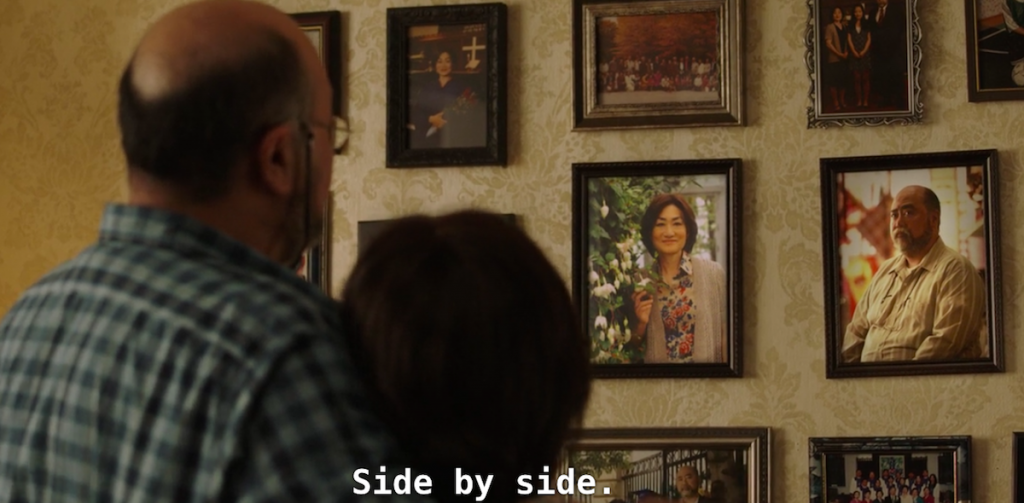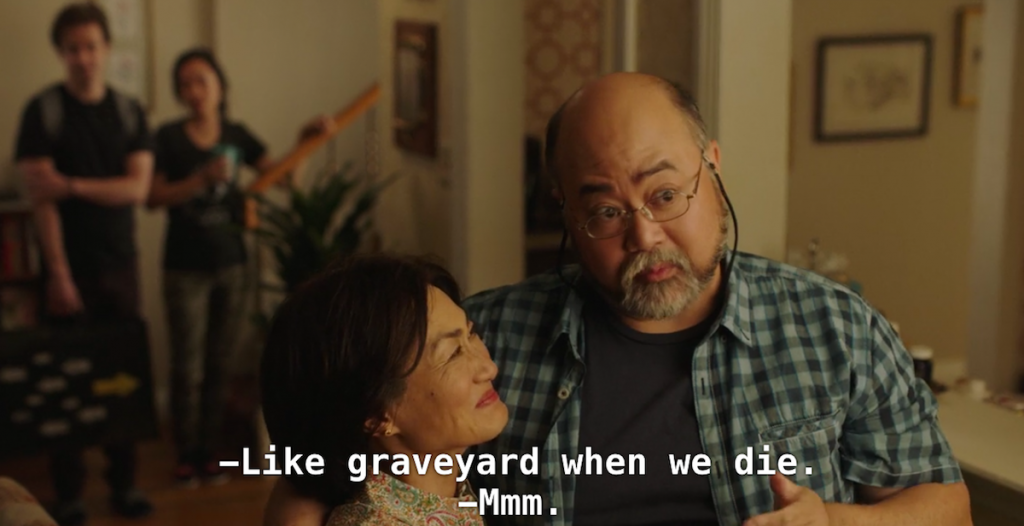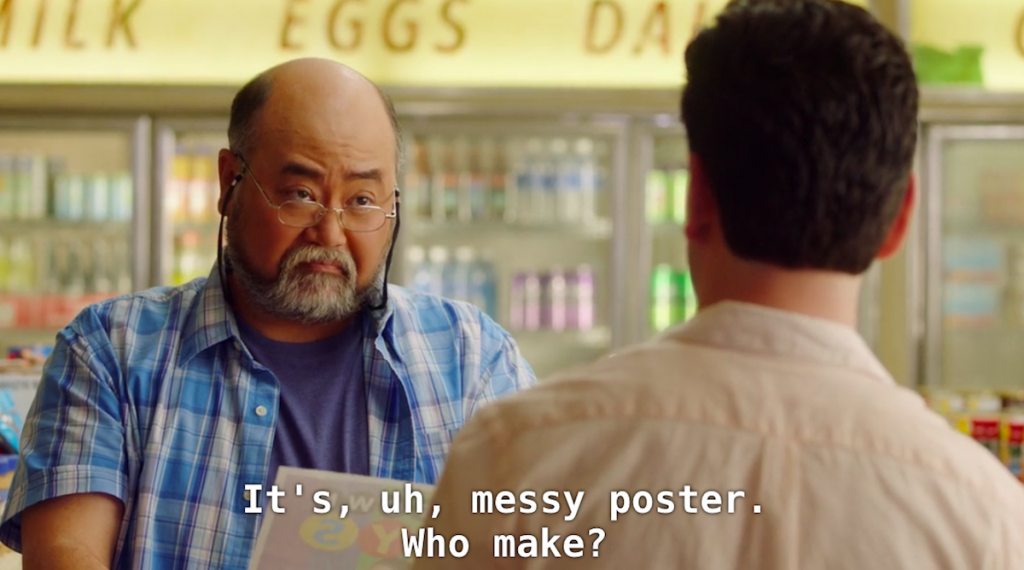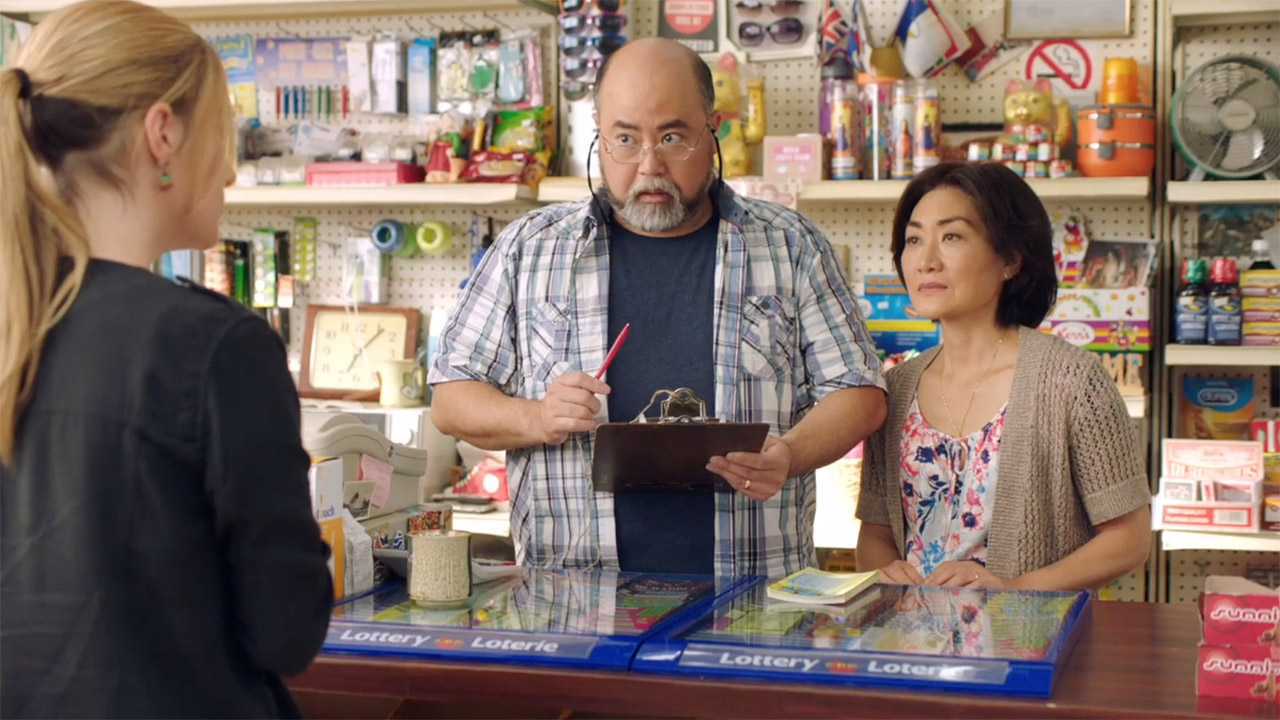14,991 kilometres.
That’s how far Singapore is from Toronto, Canada, according to a quick Google search. All the same, as I watch the adjacent tab open to Netflix, Canadian TV show Kim’s Convenience feels just like home.
I first discovered the sleeper hit a few weeks ago when I was searching for a distraction from a period of sadness, but it’s been a balm ever since.
The sitcom revolves around a Korean-Canadian family of four who run a convenience store in Toronto. There is Mr Kim (or Appa—Korean for “father”), whose blunt demeanor belies his soft heart. His wife, Mrs Kim (also known as Umma—Korean for “mother”), is a staunch Christian, who struggles with the imperfections of her family.
Janet, their daughter who pursues photography at an art college, is an excellent student who regularly receives awards. While her parents support her craft, they rarely seem to understand it. Their definition of a good photo is one that is “good enough for funeral”.
Any Asian child who’s pursued a creative field will find this tension and desire to prove something to one’s parents all too familiar.
Finally, their son, Jung, is estranged. He also dropped out of high school, has a juvenile record, and works at a car rental company—a stark, hilarious juxtaposition to Western expectations of Asian men on screen.
I don’t identify with being an immigrant or a third-culture kid, but Kim’s Convenience makes these distinct experiences instantly relatable. The show doesn’t fetishise or trivialise the experience of being an ‘other’ in a foreign land. Instead, it celebrates the everyday occurrences that define the Kim family.
In a time where xenophobia is rife, there is serious power in reframing the immigrant narrative, especially through the light-heartedness of Kim’s Convenience.


If anything, they lean into these tropes by humanising them through nuanced situations.
What’s most heartening is the show’s quick-wittedness that effortlessly moves the plot from one punchline to the next. This brand of humour is never lazy, constantly challenging my expectations. Its freshness is exactly what allows Kim’s Convenience to tackle thorny issues, such as genuine curiosity towards the LGBT community from Mr and Mrs Kim’s generation.
In the first episode, Mr Kim is approached by a gay couple who want to place a Pride parade poster in his storefront. He declines, then retorts, “I have no problem with the gay. But I have a problem with the parade: traffic, garbage, noise. If you is the gay, why can’t you be quiet, respectful gay?”
I must admit I find everything funnier because of Mr Kim’s seemingly exaggerated Korean accent. It just accentuates his adorable cluelessness towards life in Canada. If you find yourself wondering whether this makes you racist, you’re not alone.
So it’s reassuring to know that Korean immigrant audiences have lauded the accent’s authenticity. It’s a reminder that owning what sets you apart can radically transform how people see you.
Being different, as Kim’s Convenience consistently demonstrates, is something to be proud of.

Specifically, I recall spending time at the mama shop located at the void deck of my flat every day after school. I would take my time to peruse its three measly shelves, already knowing that I would end up buying yet another packet of Super Ring.
The Indian mama shop auntie saw me through various stages of life. One moment I was seven and cheekily asking her for free food, the next I was bringing my boyfriends to her stall.
Trite as it may be, youth is wasted on the young. The older I get, the more I appreciate the mundane struggles of daily life, such as those that the Kim family go through.
In a completely common situation that happens to the best of us, Mr Kim has to deal with a verbose friend who just won’t stop talking. The friend is supposed to be fixing his broken air-conditioner.
After patiently listening for a few minutes, Mr Kim proclaims, “You talking too much and you story is not interesting. Maybe you wife would like to listen to you long story, but I not your wife!”
If you google Kim’s Convenience, you are going to get articles that applaud the show’s diversity. For me, however, the show’s magic lies in its wholesome fun, unexpectedly endearing wit, and astute ability to cultivate empathy for the immigrant experience.
These days, it seems we can’t watch a show anymore without hyper-analysing its place in our culture. Kim’s Convenience makes you forget about all that.
I’m 10 minutes through the first episode when I realise my cheeks hurt from non-stop smiling. It’s been a long time since I felt downright hopeful about the future of storytelling.
Verdict: 6 out of 5.






